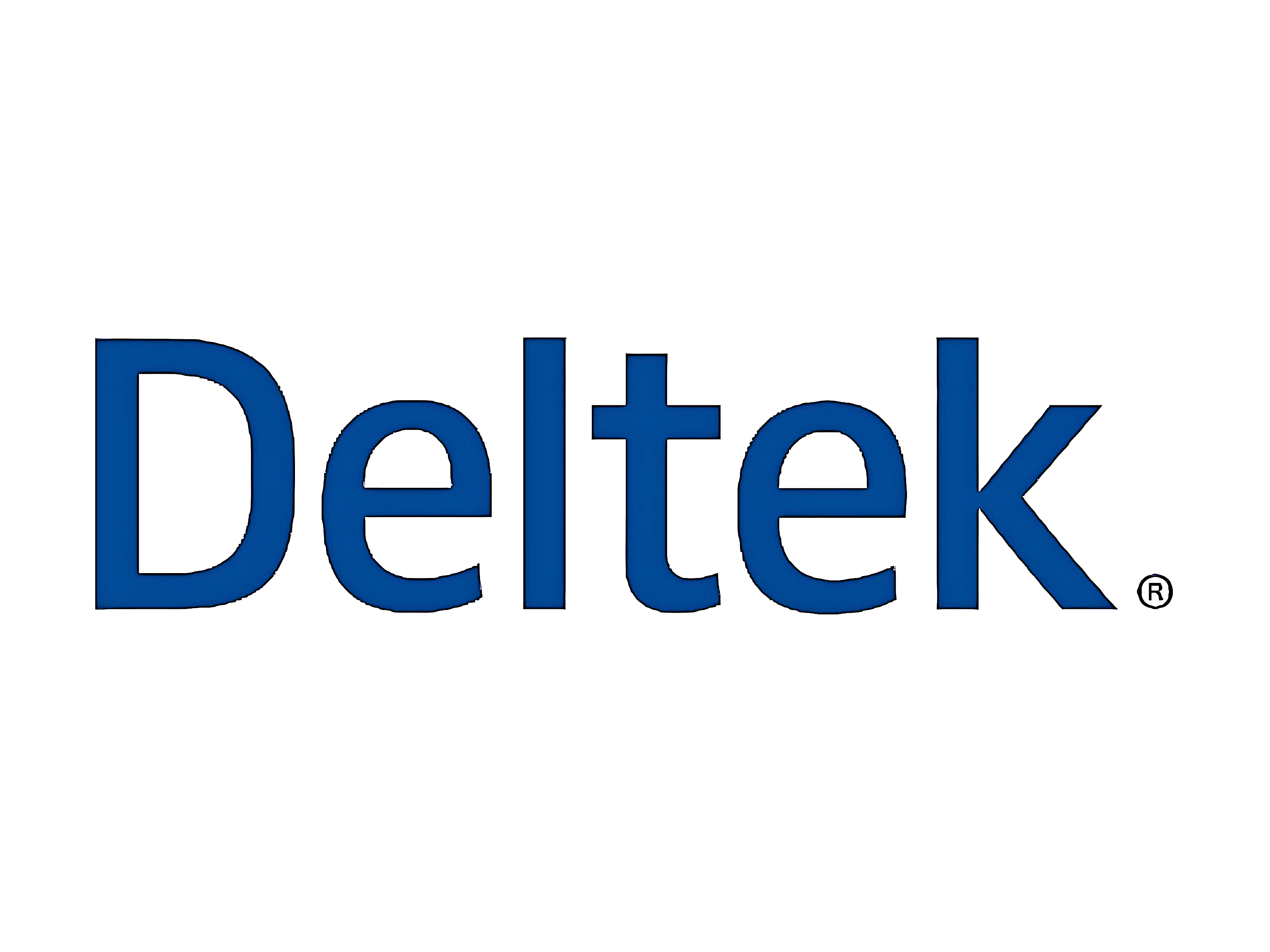FAQs About Monograph For AE: Everything Firms Need to Know
Just How Monograph Accountancy Can Improve Your Audit Processes Effectively
Monograph accountancy provides a streamlined technique to managing economic processes for companies. By focusing on particular entities or jobs, it enhances precision and performance. This method automates invoicing and expense monitoring, decreasing hand-operated errors. As organizations look for to enhance their economic operations, comprehending the core concepts and advantages of Monograph accounting ends up being essential. The exploration of its crucial functions and implementation actions can expose transformative capacity for numerous services.
Recognizing Monograph Bookkeeping
Essay audit acts as a specialized framework within the wider field of bookkeeping, concentrating on the in-depth recording and reporting of financial transactions connected to a specific entity or project. This approach enables a granular examination of financial data, ensuring that all pertinent purchases are captured and categorized properly.
By separating the economic tasks of a particular project or entity, Monograph accounting gives a clear photo of monetary efficiency. It helps with the tracking of expenditures, incomes, and other financial metrics, which can be crucial for budgeting and forecasting.
The technique highlights transparency and accountability, making it possible for stakeholders to recognize the economic effects of decisions made throughout the project's lifecycle. It supports conformity with governing criteria and improves the total honesty of economic reporting. Via its concentrated nature, Monograph accountancy acts as a vital tool for companies seeking to keep specific control over their monetary operations.
Advantages of Applying Monograph Accountancy
Implementing Monograph accounting uses significant benefits for companies. Boosted operational efficiency is one significant benefit, as structured procedures decrease time and source expenses. Additionally, improved economic visibility permits more enlightened decision-making and enhanced critical planning.
Boosted Performance in Workflow
A substantial advantage of embracing Monograph bookkeeping is the noteworthy boost in functional efficiency it brings to companies. By consolidating various accountancy features right into a single, cohesive framework, services can lower the moment spent on data entry and settlement. This structured method improves and decreases errors accuracy, enabling teams to focus on calculated efforts as opposed to ordinary jobs. Furthermore, the combination of project-based accountancy makes it possible for firms to track expenditures and revenues in genuine time, enhancing source appropriation. The clear framework of Monograph bookkeeping cultivates partnership among departments, as all stakeholders accessibility regular economic information. Eventually, this enhanced efficiency not only accelerates workflows but additionally enhances total performance, placing organizations for more agile decision-making and growth.

Enhanced Monetary Exposure
Improved monetary exposure becomes an essential advantage of adopting Monograph audit. This approach allows organizations to accomplish a thorough sight of their financial health and wellness by combining data into a solitary, conveniently accessible platform. By integrating different economic metrics, stakeholders can access real-time understandings right into earnings, expenditures, and profitability. This openness help in identifying fads, making it possible for educated tactical and decision-making planning. Moreover, boosted exposure fosters accountability among staff member, as they can track performance versus developed budgets and forecasts. In general, Monograph accounting not just streamlines monetary reporting but also encourages organizations to manage sources a lot more properly, inevitably driving enhanced economic outcomes and cultivating sustainable growth.
Trick Functions of Monograph Audit Systems
Monograph audit systems provide a number of key attributes that enhance monetary management and boost reporting precision. One significant function is real-time data assimilation, which allows businesses to access upgraded financial info promptly, helping with educated decision-making. In addition, these systems often include automated invoicing and invoicing processes, saving and lowering manual errors time.
An additional essential attribute is project-based accounting, which allows organizations to track earnings and expenses associated with particular tasks, offering thorough understandings right into success. Monograph Project Accounting. Monograph systems additionally tend to consist of personalized coverage abilities, permitting customers to generate records tailored to their specific requirements
Steps to Change to Monograph Accounting
Transitioning to a Monograph accountancy system can considerably boost economic procedures, supplied that companies Monograph Project Accounting approach the adjustment systematically. The primary step involves performing a thorough assessment of present accountancy methods to identify locations requiring renovation (Monograph Accounting). Next, organizations should pick an ideal Monograph accountancy software application that aligns with their specific requirements and goals
Training staff on the new system is important; therefore, comprehensive training sessions should be organized to make certain all employee are efficient. Complying with training, information migration from the existing system to the new Monograph system ought to be implemented thoroughly to maintain accuracy.
Organizations should implement the brand-new system in phases, permitting for adjustments and troubleshooting as necessary. Continual tracking and feedback collection are essential during this transition to resolve any type of issues without delay and optimize the usage of the Monograph audit system efficiently. With a structured technique, companies can experience a smooth transition.
Real-World Success Stories
Real-world success tales in Monograph bookkeeping display how different industries have effectively executed this approach. Case researches reveal substantial improvements in monetary accuracy and functional effectiveness. By taking a look at industry-specific applications, organizations can much better comprehend the concrete advantages of taking on Monograph bookkeeping techniques.
Instance Research Study Emphasizes
Effective executions of Monograph accounting demonstrate its transformative prospective across numerous sectors. As an example, a mid-sized production firm embraced monograph accountancy to consolidate its monetary coverage, leading to a 30% decrease in month-end closing time. A charitable organization experienced increased donation tracking precision, which boosted openness and donor trust. In the retail industry, a chain of shops carried out Monograph accounting to enhance inventory monitoring, resulting in a 15% reduction in supply discrepancies. An additional technology startup used Monograph audit to improve budgeting processes, enabling better source appropriation and enhanced functional effectiveness. These situation research studies highlight just how varied organizations have utilized Monograph audit to refine their bookkeeping procedures, producing considerable enhancements in stakeholder, performance, and precision contentment
Industry-Specific Applications
The successful applications of Monograph accountancy throughout different fields expose its flexibility and efficiency in attending to industry-specific difficulties. In medical care, for circumstances, a noticeable health center made use of Monograph audit to improve payment processes, causing a 30% decrease in billing disparities. In the production field, a business adopted this system to track expenses related to each line of product, resulting in improved profitability analysis and resource appropriation. Additionally, a not-for-profit company leveraged Monograph accounting to enhance give monitoring, ensuring exact monitoring of expenditures and conformity with financing requirements. These real-world success stories show just how tailored applications of Monograph bookkeeping can maximize financial operations, enhance precision, and inevitably drive far better decision-making throughout diverse industries.
Future Trends in Monograph Bookkeeping
As the landscape of publishing remains to develop, monograph accountancy is positioned to undergo significant transformations driven by technological innovations and transforming market demands. Arising fads indicate a shift towards automation and expert system, improving invoicing and expenditure tracking procedures. This automation can minimize human errors, improve performance, and liberate valuable sources for calculated decision-making.
Additionally, the combination of blockchain modern technology is anticipated to supply improved transparency and safety in transactions, enabling authors to handle aristocracies and legal rights better. The raising emphasis on data analytics will make it possible for companies to derive insights from financial data, helping with aggressive adjustments to rates methods and supply administration.

Frequently Asked Questions
What Industries Advantage Many From Monograph Audit?
Monograph audit mostly profits sectors such as layout, architecture, and design. These sectors require precise job monitoring, resource, and budgeting management, making customized bookkeeping services crucial for efficient financial oversight and operational efficiency.
How Protected Is Information in Monograph Bookkeeping Equipments?
Information in Monograph audit systems is very secure, making use of encryption, normal back-ups, and conformity with market requirements. This ensures defense against unapproved gain access to, data breaches, and loss, protecting the integrity of financial information for customers.
Can Monograph Audit Integrate With Existing Software?
Monograph Audit can incorporate perfectly with existing software application, enabling for effective information sharing and structured operations. This compatibility enhances user experience, reducing the requirement for manual data entry and decreasing errors in economic coverage procedures.
What Is the Regular Price of Implementing Monograph Accountancy?
The typical cost of implementing Monograph Bookkeeping differs, generally varying from several hundred to several thousand bucks, depending upon variables such as firm size, particular demands, and any kind of added features or combinations needed for optimal performance.
Just How Does Monograph Audit Deal With Tax Compliance?
Monograph Accounting simplifies tax compliance by automating calculations, tracking reductions, and producing necessary reports. Its incorporated system makes certain accurate information administration, assisting individuals maintain conformity with tax obligation policies while minimizing management concerns and hand-operated errors.
Monograph audit supplies a structured technique to taking care of monetary procedures for organizations. As organizations seek to improve their monetary operations, understanding the core concepts and benefits of Monograph accounting comes to be essential. Monograph accountancy offers as a specialized structure within the broader field of audit, focusing on the in-depth recording and coverage of monetary deals connected to a specific entity or job. Transitioning to a Monograph bookkeeping system can substantially enhance financial procedures, gave that companies approach the change systematically. The surge of subscription-based models in posting will require more innovative accounting methods to handle recurring income streams, inevitably leading to a much more receptive and vibrant approach to Monograph accounting.